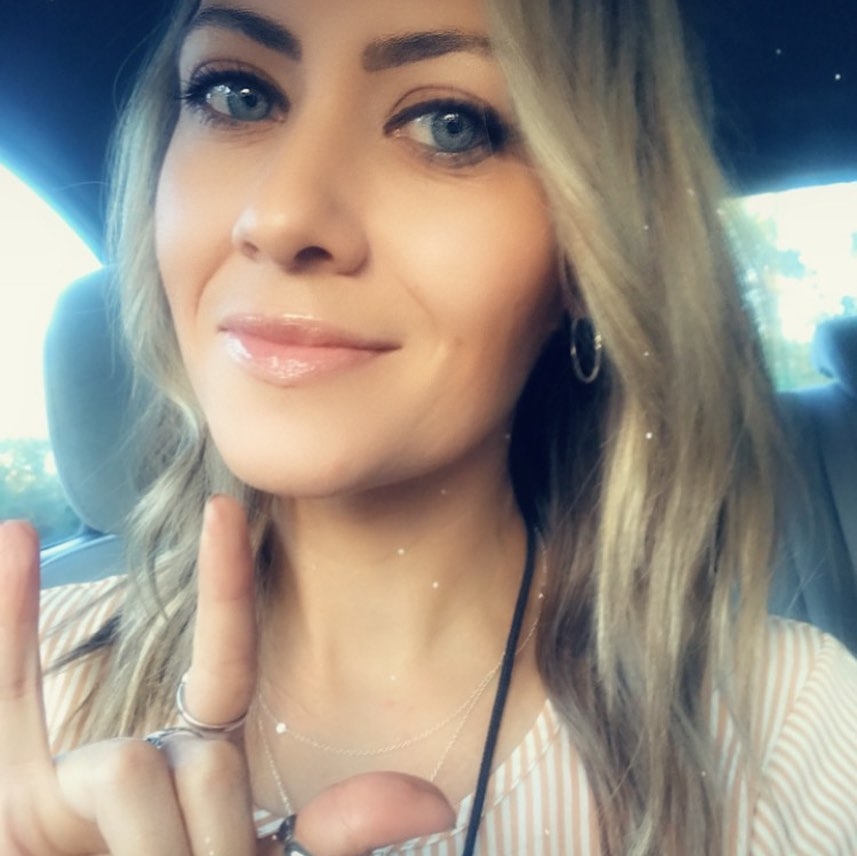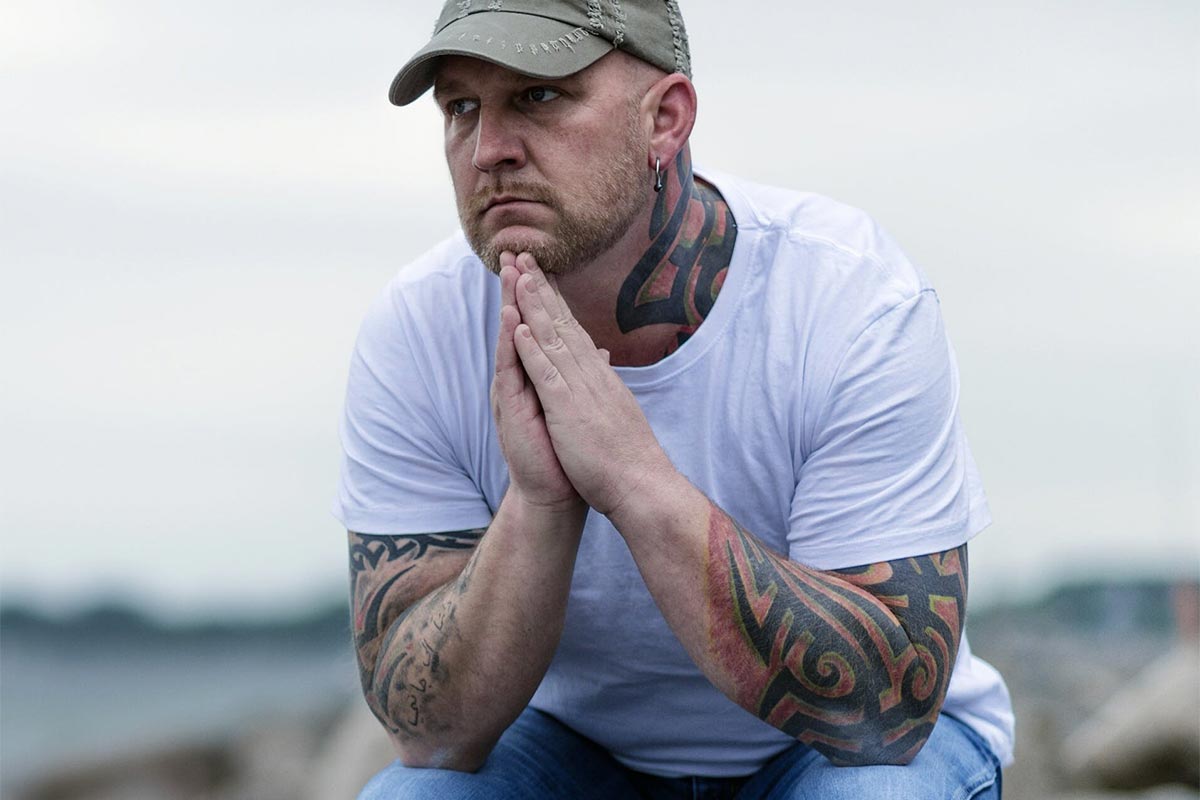There are certain questions in life that no one else can answer for you and you must search within yourself to come to a conclusion with. “Am I ready for recovery?” is one of the questions that is for the individual alone to decide. I cannot write this blog and tell you if you’re ready for recovery or not, but I can tell you some of the indicators that led me to decide that I was entirely ready to do what was needed to recover.
Am I tired of the way that I am living?
This was first and foremost for me. I had long been tired of the way that I was living: the actual physical dependence on my drugs of choice, the strained relationships that I had, the physical ailments that increased, the compromised values, and getting further away from knowing who I even was anymore. I could unequivocally say that ‘YES’, I was tired of the life that I had been living. My substance abuse snowballed over the course of years and in those years I became less and less satisfied with who I was, how I was spending my time, who I was spending my time with, and the ways in which I was behaving.
Is my physical and mental health being compromised?
As I mentioned before, I grew to have many physical manifestations due to my substance abuse which were undeniable. I was causing a great deal of harm to my physical self which landed me in hospitals or, even worse, neglecting to even get care for myself at all. I felt as though I was sick and suffering more often than not. It was perpetuating pain, physical injury, sickness, or disregard. My physical health was nothing pretty but my mental health was in an even worse position. Prior to choosing recovery, not only was my self-esteem completely shot but I also lacked hope and lived in fear and anxiety. My thoughts swirled with negativity and shame which contributed directly to furthering my substance use. My physical and mental health were not only jeopardized, they were dwindled down to nothing.
Am I unable to help myself on my own?
I had many unsuccessful attempts at minimizing or quitting my substance use on my own. With each failure, I became more and more discouraged at ever finding a way out. I utilized all my best thoughts: I scoured Google to see what other people had done & tried taking their suggestions, I physically moved locations to remove myself from my immediate surroundings, I would have periods of trying to focus on ‘being healthier’ and go nuts on supplements, exercise or holistic health to equalize my actions, or I would try and quit one substance and only focus on others which I deemed more manageable. No matter what I did, I always ended up back in the same place of total lack of control. I remember having a moment of clarity one night and realizing that I NEEDED people outside of myself to help me through this, care for me, and tell me what I had to do since I evidently could not do it on my own.
Do I want a different life?
Finally, this: did I even want a different life? Was I prepared to do everything differently in order to obtain different results? Absolutely. There was nothing left in my life that I considered to be of any quality, I was ready to do whatever it would take to get different results. When I was using I would often have these fantasies about being a person who could live a life without relying on substances to get me through my day, being able to be present with those around me, and being a person who could grow and achieve my dreams. Although these fantasies seemed to be so far away, they were actually the bits of hope left within me that allowed me to persevere into recovery. Without some fragments left of hope, I may not have even desired to have anything differently. Hope is imperative to finding recovery.
If you are someone who is still struggling with addiction, I encourage you to ask yourself these basic questions. Your answers and experience will likely not be the exact same as mine, but if you can relate to any of the underlying feelings of being sick and tired, relentlessly trying to change on your own to no avail, and at your core wanting something drastically different for yourself, then you may be ready for recovery. Should you decide that you are, we welcome you with open arms on your journey to your new life.

Director of Alumni and Case Management
Heidi has been working in the field of addiction for the past 4 years, has a RADT and moonlights as a blogger and Brainpaint Neurofeedback Technician. If asked, there is nothing in the recovery field that Heidi won’t do to learn more or to be of service to the newcomers.
As alumni and outreach coordinator, Heidi feels she has the unique opportunity to keep continuity in the community- even after people have finished their initial SUD programming.
Events range from seasonal activities, fundraisers, service events and special interest activities.
Heidi is excited to perpetually generate more community cohesiveness, fun & gratitude for others and herself.




